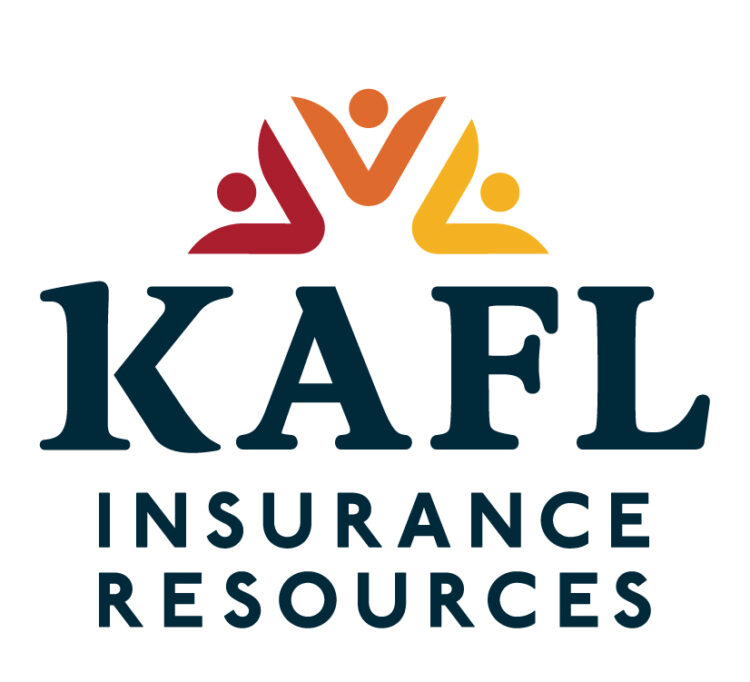Thinking of Selling Your Business to an Employee?
Whether it’s because you want to keep the business “in the family” or because you suspect you will not be able to find a good buyer for your business, you may be thinking of selling your business to an employee. The first thing to think about is the kind of employee who can and should take over leadership and ownership. You’re entrusting your business and its future to this person or group of people. We suggest that a “key employee” may be a good candidate to purchase the business.
What is a Key Employee?
Key employees are those who have a direct and significant impact on business value, meaningfully participate in the business’ strategic future, and whose combination of skills and experience would be exceedingly difficult to replace.
Why would you sell to you key employees?
One reason you may want to sell to a key employee is that you believe you have already achieved financial security. You may feel that your employees have earned ownership or that you owe them ownership of the company for their many years of loyalty.
Another reason is you may not have an alternative option. Maybe you have no other third-party offers and no children to pass along the business to, so you look to your rock star employees to continue building your legacy.
Selling to Employees can be Both Fast and Slow
If you have some time to complete a transfer, a key employee might be a good option. Often, an owner must stay active in (or at least in control of) the company for five or ten years after the sale process begins in order to complete a successful transfer and attain financial security. In these years, owners hire and groom employees who not only want to be owners but also have the ability to assume ownership.
If your business has a business value today that you think is too low, you may also be considering a sale to a key employee. Taking more time to transition ownership to one or more key employees may also give you more time to grow business value and capture profits.
On the other hand, selling your business to key employees might be faster or less risky. Typically, key employees are very involved already in the day-to-day activity of the business. They will know how you want your company to be ran because you have groomed them to run it a certain way. They may share your vision for the future and see opportunities for growth and success that outsiders might miss. As a result, your key employees may be excited to get going on transitioning ownership sooner rather than later.
If you’ve been thinking about selling to employees for many years, or if the thought is just now occurring to you, you’ve reached the starting line for the next phase of your business owning journey.
We can help business owners identify and prioritize their objectives with respect to their business, their employees, and their family. If you are ready to talk about your goals for the future and get insights into how you might achieve those goals, we’d be happy to sit down and talk with you. Please feel free to contact Peter Skelton at (585) 271-6400 x 108 or peter@kafl.com at your convenience.
Copyright © 2020 Business Enterprise Institute, Inc. All rights reserved.
| The information contained in this article is general in nature and is not legal, tax or financial advice. For information regarding your particular situation, contact an attorney or a tax or financial advisor. The information in this newsletter is provided with the understanding that it does not render legal, accounting, tax or financial advice. In specific cases, clients should consult their legal, accounting, tax or financial advisor. This article is not intended to give advice or to represent our firm as being qualified to give advice in all areas of professional services. Exit Planning is a discipline that typically requires the collaboration of multiple professional advisors. To the extent that our firm does not have the expertise required on a particular matter, we will always work closely with you to help you gain access to the resources and professional advice that you need.
This is an opt-in newsletter published by Business Enterprise Institute, Inc., and presented to you by our firm. We appreciate your interest. Any examples provided are hypothetical and for illustrative purposes only. Examples include fictitious names and do not represent any particular person or entity. For professional use only. All information can be subject to change without notification. |
